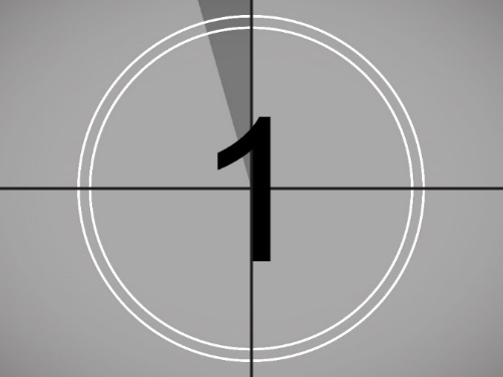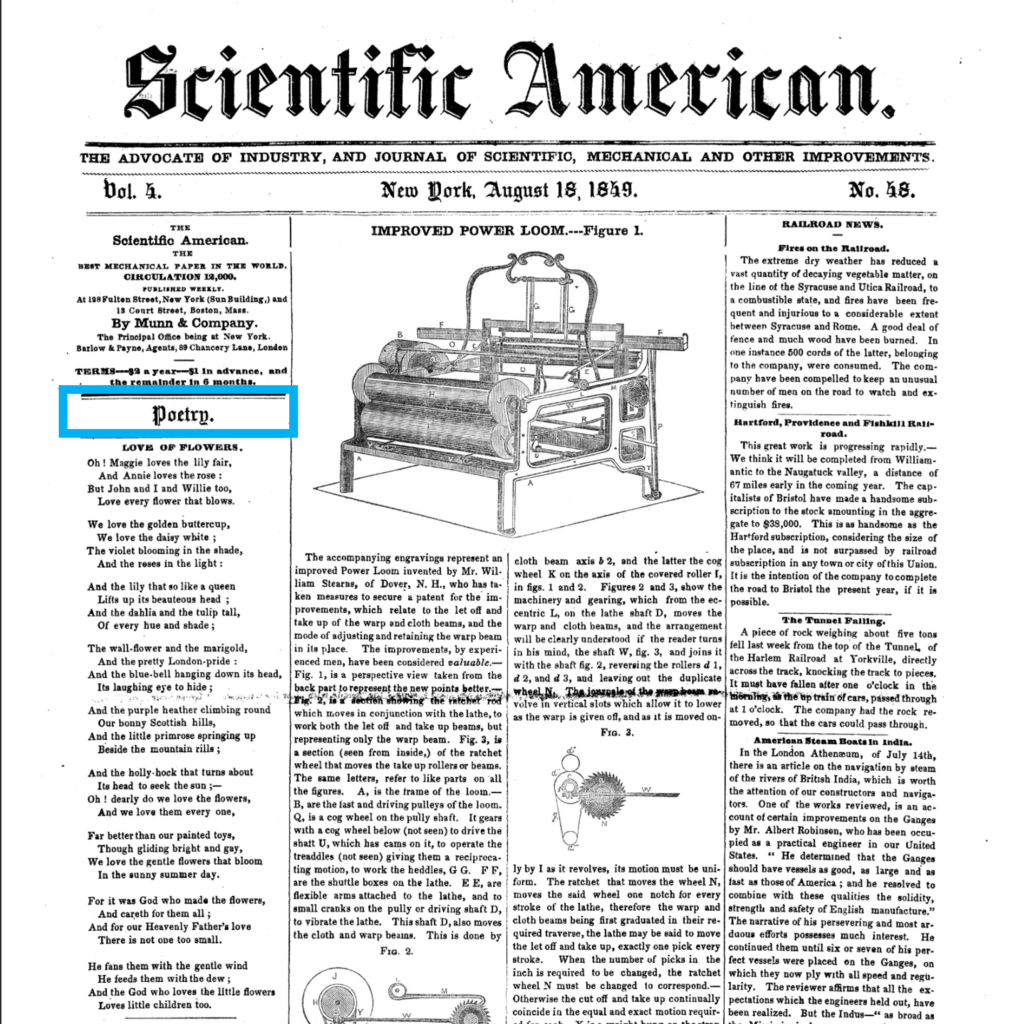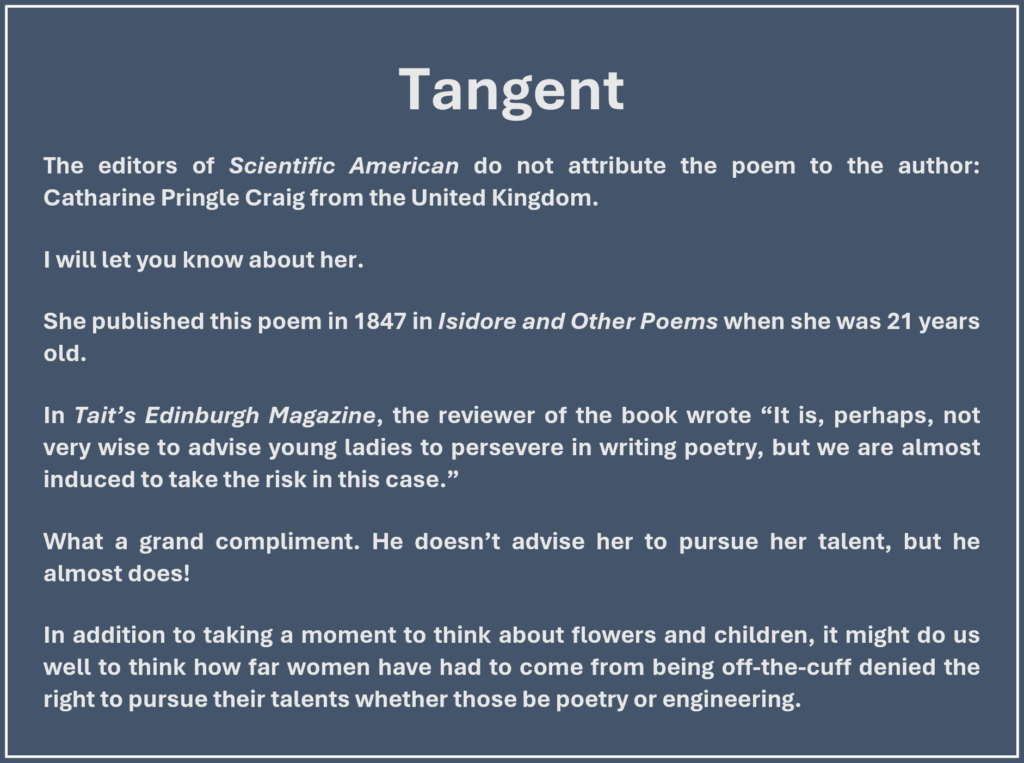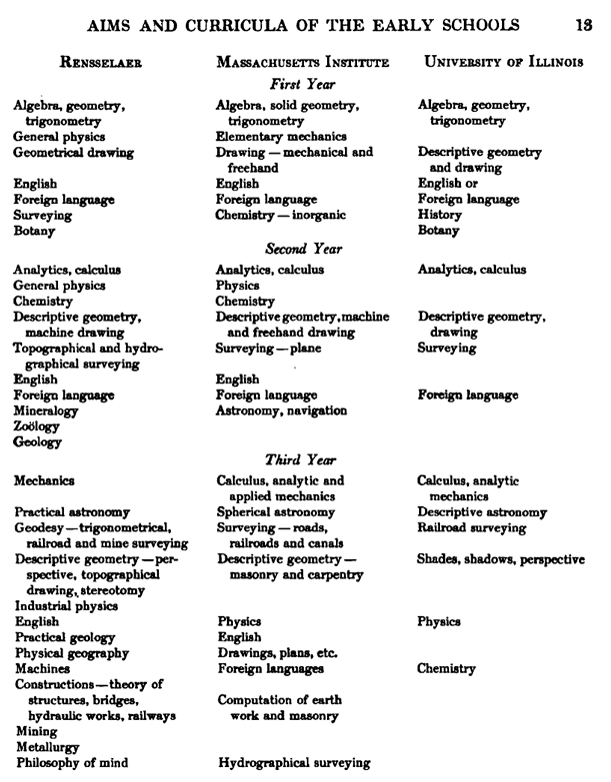To hear this article and others, join my podcast on Patreon

Source: Alamy
The title of this episode comes from a poem that Robert Burns, a Scottish poet, wrote in the eighteenth century. He turned up a mouse’s nest with the plow and the poem is a meditation on how things have gone wrong for the mouse even though it was following its nature and did everything right and with the best intentions.
To a Mouse
by Robert Burns
On Turning her up in her Nest, with the Plough, November 1785.
…
The best laid schemes o’ Mice an’ Men
Gang aft agley,
An’ lea’e us nought but grief an’ pain
For promis’d joy!
This idea resonated with me as I started to begin researching for a book on communication, critical thinking, and creativity skills for engineers because I know that I have to acknowledge that even with all my work and best intentions, I have to face the reality that these skills and engineering students have always had an uneasy relationship.

Terry Fallis outlines this reality best in his award-winning comedic novel, The Best Laid Plans. His protagonist is forced to teach English to first-year engineering students, and he quickly finds the truth of the situation.
He begins his class with a question:
“Let me ask you all something. How many of you would rather not be here?” I surveyed the room, stopped counting hands at 63, and raised my own. “Perhaps it would be easier to ask how many of you are pleased to be here?” Again I counted. I lost count after two as there were just no more hands in the air” (p. 46).
That is the current reality of teaching so-called non-technical skills to engineers. However, if you think these classes are new or that students hating these classes is a new phenomenon, you’d be mistaken. In 1918, Charles Mann was tasked with researching engineering education in the United States because it was just starting to become a regulated program at that time. In his book, he wrote “As every one [sic] is aware, languages, economics, and social sciences are generally treated as ‘extras’ in curricula, and are as generally regarded as superfluous ‘chores’ by the students” (Mann, A Study of Engineering Education (1918), p. 92)
It is that phrase, “as everyone is aware” that give it away. This is not a new problem even in 1918 and even when engineering schools had full control over what they taught. So, if students have always seen non-technical courses as “extras,” then why keep forcing them to take them? There are two reasons that jump out at me.

First Reason
Up until the twentieth century, there was no distinct difference between hard and soft sciences.
Or, at least, not in the way that we see it today.
I occasionally had friends and acquaintances and even people I met on the bus tell me that they never read fiction and, in fact, read only the news and technical manuals. At the time, I found it confusing that they would think that somehow knowing less was a boast. But it was a reminder that not only had hard science and “non-science” separated as points of knowledge in the twentieth century but they had moved into adversarial positions. For those in the hard science camp, one was useful and necessary and one was there to mindlessly fill in the hours before real work could begin.
When the industrial revolution was still new, however, this was not the case. In 1849, Scientific American proudly put on their first page a long poem that was a delightful meditation on children, flowers, and God. This poem was there for the men—and it was all men—of business and industry who bought the paper.

Could you imagine any technical or scientific magazine (including Scientific American) showcasing poetry like this today? No. But back then, in 1849, great thinkers were people who were knowledgeable about the world—the whole world—in all its physical and spiritual intricacies and mysteries. Thus, there was nothing odd about a meditation on flowers in a column beside an article about an improved power loom.


Second Reason
Employers want graduates to have these skills because, contrary to belief, engineering is a people profession.
Business is built on relationships with people. Engineers work in business. Ergo, engineers have to deal with people. They have to talk to them and understand what they need, they have to write reports and explain their work to clients and CEOs. And they have to work in teams, oodles and oodles of teams: teams for projects, teams for changing city by-laws, teams for convincing investors to part with their money, and teams for explaining to the public why a highway needs to go right there. The need to be good at dealing with people and the need to communicate with them was understood as important right from the earliest engineering classes in America. Stuffed in among all the technical work was English and foreign languages and “philosophy of mind” (Mann, p. 18), which were all meant to improve an engineer’s ability to understand people.

But for all the established need by employers and all the efforts of schools, the teaching of soft skills was never that successful, even in 1918, Mann wrote that the lack of good English, of business sense, and of understanding of men are most frequently mentioned by practising engineers as points of weakness in the graduates of the schools. (p. 92)
Over a hundred years later, I was teaching these skills at an elite university that has a dedicated department for engineering communication, but I still found the same reluctance and absence that Mann had written about. So I sat down to try to define the problem for myself.
Here is what I found.
A Paradox
1) soft skills are not a primary interest of engineering students,
2) soft skills are a primary interest of employers,
and,
3) you can’t fail engineering school if you’re bad at these skills.
Sadly, I had to acknowledge that there is nothing to be done about this paradox. Students are exhausted from overstuffed curricula and most come right out of high school, so they are too young to see so far off into their future careers as to understand employers’ concerns. This, combined with the lack of penalty for poor soft skills means that these skills will always be the last thing any student thinks about. They will continue to dismiss them as “extra.” Or, as Mann lamented back in 1918, they will simply learn on the job and face “the year or two of floundering thru which most graduates pass after leaving college and before finding themselves” (p. 91).
There is no “fix” here, but there is better. I think being better begins with acknowledging the reality of the pressures and interest in the subject. It ends with weaving hard and soft skills back together. And in-between there is an acceptance that few engineers will become great writers. Even fewer will become great speakers. This is not what they paid their tuition for, either, so putting pressure on them in these areas only creates conflict and apathy. However, there is a way to give them non-technical skills. By concentrating on their natural inclinations you can build soft skills they understand and can use.
The two areas of approach that I think engineering students would be willing to accept are communication and people skills that are logical and problem solving focused. In other words,
- Engineering students tend to naturally incline toward logical thinking, so should we not be giving them the skills to become clear and logical thinkers of applied science?
- Engineering students are problem solvers, so can we not make them better at this by expanding their field of understanding about the diversity of the world and the people in it? After all, people are part of any engineering problem, so knowing people better will make you better at fixing things.
As someone with a PhD in English, I wholly believe that “not hard skills” can improve and expand your life. I’ve seen students in literature classes jump out of their seats when they begin to understand motivations of fictional characters and make connections to their own human lives and humanity. I’ve seen them confused and delighted by people on the page that they will never meet in real life. I truly believe theory, the make-believe, the imagined, and the unknowable can build better people and a better world. And, I truly believe that deep reading and slow, mindful discussions are a unique and beneficial human endeavour and can build an all-round pleasant person and fuller life. But I also know that this is not a realistic approach in engineering school.
So as I sit down to think through how engineers deal with humans, I do so with this acceptance of reality as my foundation. And from that foundation I will try to bring hard and soft skills closer together and convince student engineers that they can and should learn to think critically and creatively about science and engineering and that they can and should understand—just a little bit—how to communicate their ideas with other humans.
And if they can do all this before reality sets in hard on that first day of their first job, they might flounder just a little less and may finally be on their way to achieving what everyone wanted all along.
—Stephanie Halldorson, April 2024
Want More?
Robert Burns, “To a Mouse” as read by Alistair Turnbull in Scots and English, https://www.youtube.com/watch?v=6UqfkRta-2o
Terry Fallis, The Best Laid Plans: https://terryfallis.com/books/the-best-laid-plans/
Charles Riborg Mann, A Study of Engineering Education (1918): https://www.nationalsoftskills.org/downloads/Mann-1918-Study_of_Engineering_Educ.pdf
Scientific America, https://www.scientificamerican.com/archive/issues/1840s/
Tait’s Edinburgh Magazine, Volume 14 (1847): https://bit.ly/42XGjOk
Catherine Pringle Craig, Isidore and Other Poems (1847): https://bit.ly/3P5M7zH
